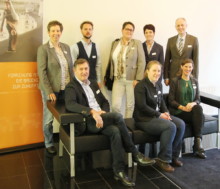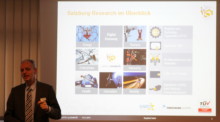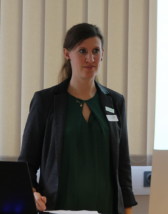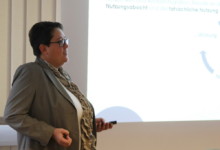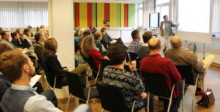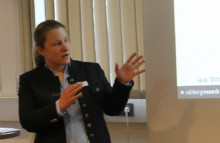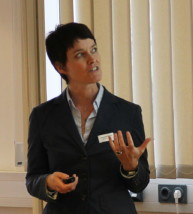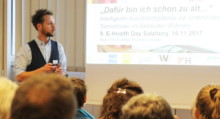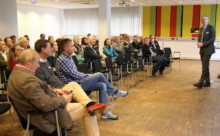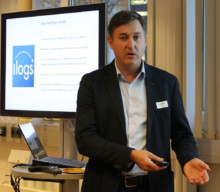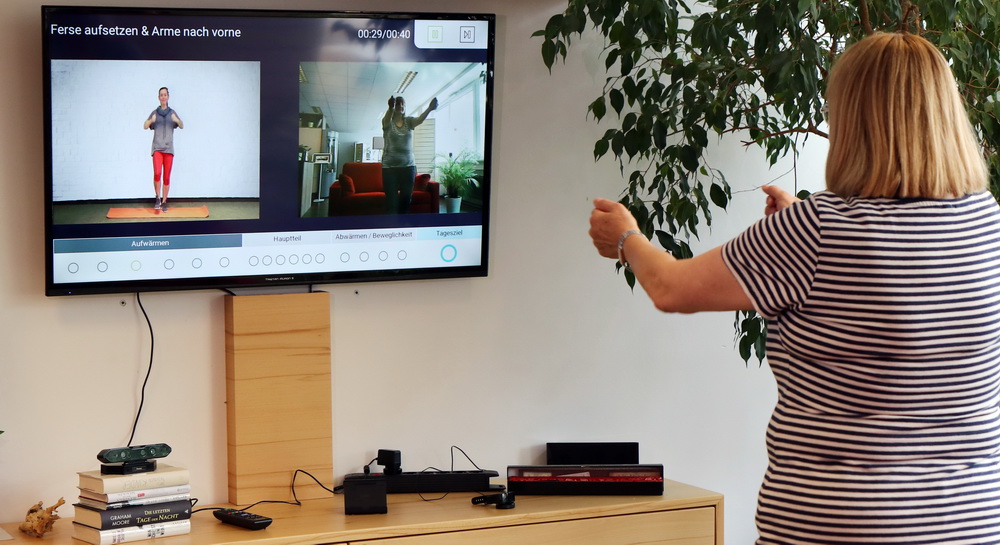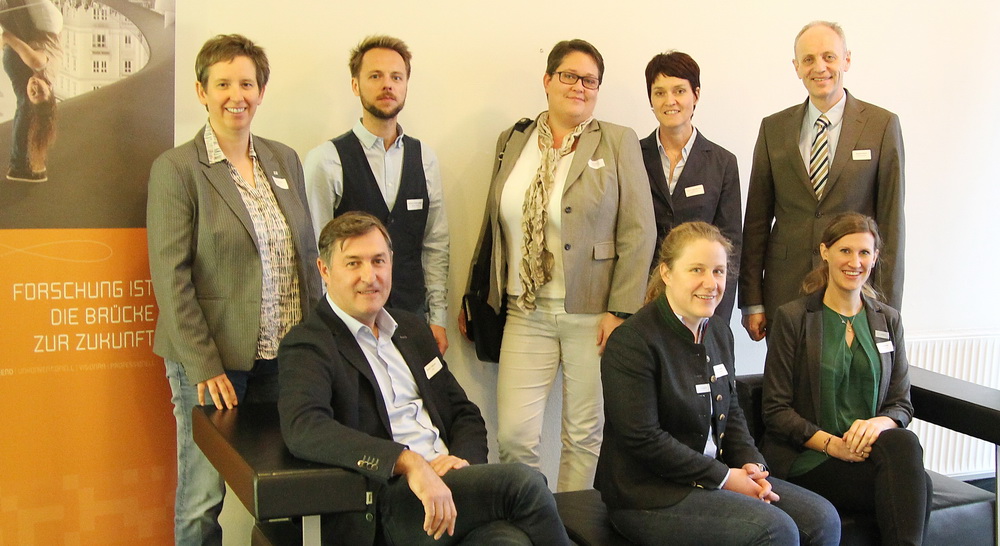
Results: Technology for the 60+ Generation
In the research project ZentrAAL – AAL pilot region Salzburg different technologies were tested over 15 months. A total of 60 households were equipped with innovative AAL technology and the users were looked after intensively. The intention was that the technology supports the subjects but does not take away anything that they can easily handle themselves. The following technologies were used: mobile tablet, stationary tablet, digital door spy, stove monitoring, window and door contacts, adapter plug, wireless light switch, digital scale and SmartWatch.
Mit dem Klick auf das Bild werden durch den mit uns gemeinsam Verantwortlichen Youtube (Google Ireland Limited) das Video abgespielt, auf Ihrem PC Skripte geladen sowie personenbezogene Daten erfasst.
Results and Findings
The participating research and technology partners have now presented the findings from the 15-month test phase at the 9th e-Health Day, an event of great interest to the public:
Daniela Krainer (FH Kärnten) examined the technology acceptance and the intended use. Both were queried once again five weeks after installation of the system and after ten months. The scepticism among the test persons has declined over the period. There were also surprising results: individual components such as e.g. the event information was initially rated less well, but after one year, however, the highest intention to use.
Cornelia Schneider (Salzburg Research) showed how intensively the individual components were used by the test subjects. Through intensive support, the test persons were gradually introduced to various technologies. Not all components were always ready due to technical errors, not always the desired technology could be used due to delivery problems. The emergency function of the SmartWatch has proven itself – numerous alarms were triggered, in which the test subjects could be helped successfully. For the mobile tablet, the actual usage was far beyond expectations.
Susanne Ring-Dimitrou (Universität Salzburg) reported on the findings from sports science. Low-threshold attempts were made to introduce the subjects to suitable exercise at 150 minutes per week. The exercises were tailored to the target group and could be performed without tiring. The goal was strength, balance and endurance to strengthen the conditional and motor skills of the people.
Birgit Trukeschitz (WU Wien) reported on the impact analysis of the tested technologies. She pointed out that new technologies are overburdened with very high expectations – and that sometimes led to disillusionment. Especially for those people who used the SmartWatch intensively, an increase in the sense of security could be achieved.
Manfred Feichtenschlager (Hilfswerk Salzburg) showed the challenges for an operator of assisted living: On the one hand, the support staff wanted to be convinced, and it was also quite challenging to recruit key users and interested test persons. Intensive care was required for this: workshops on needs assessment, workshops to explain the system and the associated processes as well as workshops in the ongoing test operation (zentrAAL-Cafés).
Finally, Walter Liebhart (ilogs mobile software GmbH) revealed the challenges from the point of view of the technology partner: It takes years of preparatory work to develop a product. Therefore, it is particularly advantageous for SMEs to be able to draw on know-how and experience from such research projects. He pointed out that a tested prototype is far from being a product and that the last mile from the prototype to the product once again means a lot of effort.
